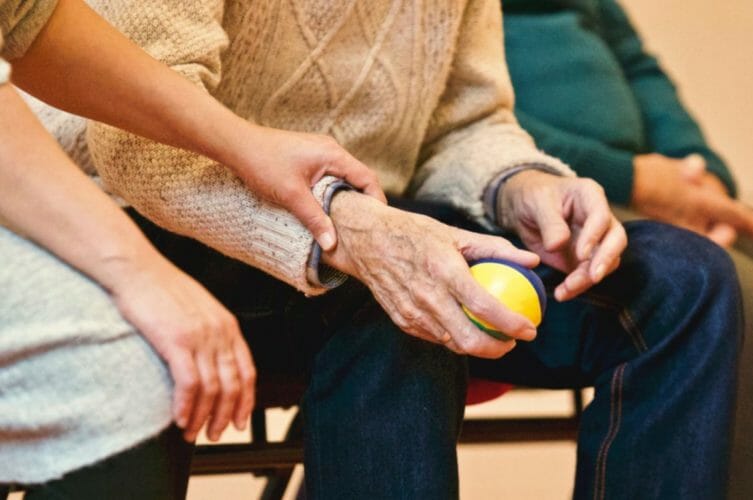Barring any medical breakthroughs, the Alzheimer’s Association is warning that the number of cases of people living with Alzheimer’s may nearly triple by 2050.
Barring any medical breakthroughs, the Alzheimer’s Association is warning that the number of cases of people living with Alzheimer’s may nearly triple by 2050.
In a new report, the Association also said that a survey of primary care physicians found that nearly 90 percent of doctors expect to see an increase in Alzheimer’s cases over the next five years. Half of those doctors say the medical profession is not prepared to meet this demand.
In its annual Facts and Figures report, the Association said more than five million people 65 years and older are currently living with Alzheimer’s.
“We’re headed toward a medical emergency when it comes to ensuring dementia care will be available for all who need it,” Joanne Pike, Chief Program Officer for the Alzheimer’s Association, said in a news release.
“Individuals and families impacted by Alzheimer’s and other dementias already face enough challenges,” Pike added. “Having access to doctors providing quality and timely dementia care should not be another.”
The report follows another recent study out of Blue Cross Blue Shields that found that the number of early onset Alzheimer’s diagnoses has tripled.
The Facts and Figures report provides an annual update on the state of Alzheimer’s in the country. Among its highlights:
— Two-thirds of Americans over 65 with Alzheimer’s (3.6 million) are women.
— Alzheimer’s is the sixth-leading cause of death in the United States and the fifth-leading cause of death for those aged 65 and older.
— Not including unpaid caregiving, the total cost for all individuals with Alzheimer’s or other dementias is estimated at $305 billion. Medicare and Medicaid are expected to cover $206 billion; out of pocket spending is expected to be $66 billion.
— By 2050, those costs are projected to increase to more than $1.1 trillion annually.
— In 2019, caregivers of people with Alzheimer’s or other dementias provided approximately 18.6 billion hours of unpaid care. Approximately two-thirds of caregivers are women and one-third of dementia caregivers are daughters.
— Almost half (41 percent) of caregivers have a household income of $50,000 or less.
For the first time, this year’s annual statistical update is accompanied by a special report examining the experiences, training and attitudes related to dementia care among primary care physicians, recent medical school graduates and recent residency program graduates who are now in primary care practice.
That special report, “On the Front Lines: Primary Care Physicians and Alzheimer’s Care in America,” found that 39 percent of primary care doctors say that they are “never” or only “sometimes comfortable” making a diagnosis of Alzheimer’s or another dementia.
One-third of the survey respondents said they are “never” or only “sometimes comfortable” answering patient questions about dementia.
Most disturbingly, 22 percent of primary care doctors said they had no residency training in dementia diagnosis or care. And of the 78 percent who did receive training, 65 percent reported that the amount was “very little.”
Pike said the survey answers “raise an important alarm” about dementia care in the United States.
“The number of Americans living with Alzheimer’s and other dementias is increasing,” she said. But “primary care physicians are telling us that the medical profession is not prepared to meet the future demand.”
